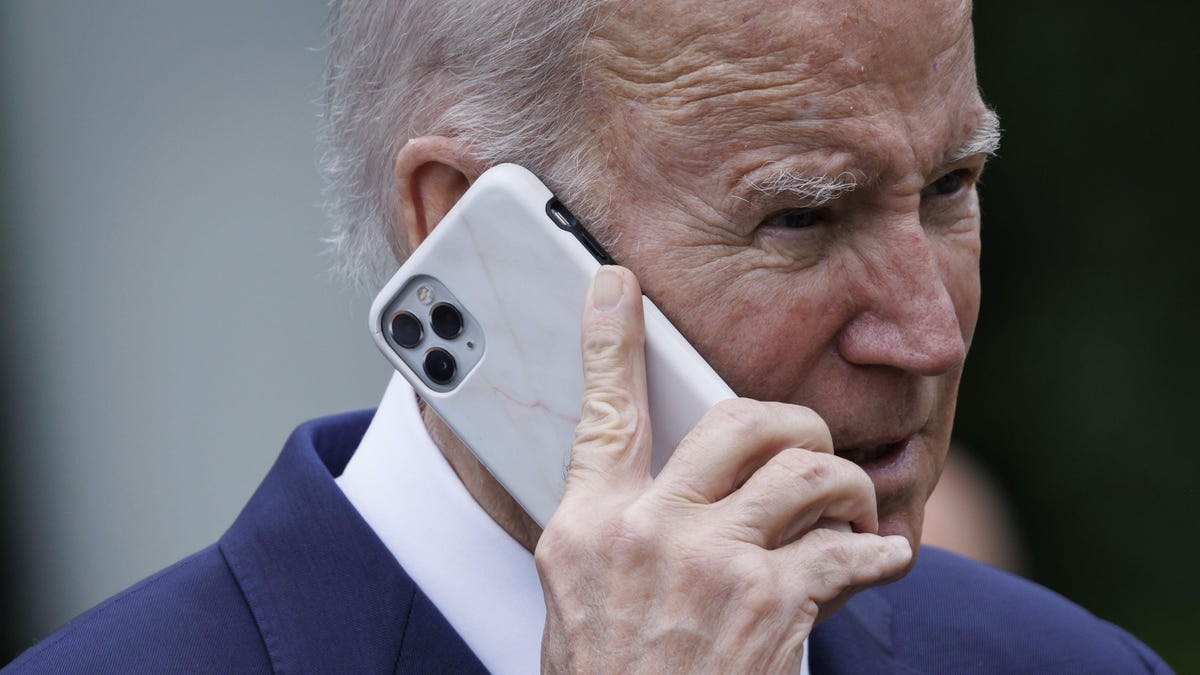
The Federal Communication Commission (FCC) identified Lingo Telecom, a Texas-based wireless provider, as the company that transmitted deepfake robocalls impersonating President Biden. The FCC sent the company a cease and desist letter, according to a press release sent to Gizmodo Tuesday, threatening to permanently block Lingo’s operations.
“Lingo Telecom, LLC is apparently originating illegal robocall traffic,” said the FCC in its cease and desist letter. “Failure to comply with the steps outlined in this letter may result in downstream providers permanently blocking all of Lingo’s traffic.”
Advertisement
The FCC worked with the New Hampshire Attorney General’s Office to identify Lingo as the company that facilitated deepfake robocalls ahead of a presidential primary last month. New Hampshire Democrats received AI-generated phone calls, made to sound like President Biden, advising them to refrain from participating in the upcoming primary. Regulators say Lingo has violated voter suppression laws by allowing these deepfake calls to originate on its network.
Advertisement
Lingo did not immediately respond to Gizmodo’s request for comment.
Notably, Lingo did not create the calls, but it did allow them to be transmitted on its network. The company identified an entity named “Life Corp” as the group that created the calls in the first place. However, wireless providers have a legal obligation to protect their networks from transmitting illegal traffic.
Advertisement
Regulators say this is not the first time Lingo has been the subject of an illegal robocall investigation. Since 2021, the Texas phone company has been identified as a provider of 61 illegal calls originating overseas. This is also not Life Corp’s first rodeo with the FCC, according to the letter. The entity was issued a citation for delivering illegal robocalls to residential lines back in 2003.
At this time, there’s little known about who runs Life Corp, or what corporation even does.
Advertisement
Last week, the FCC pushed to outlaw AI-generated robocalls under the Telephone Consumer Protection Act of 1991. The FCC noted in a statement to Gizmodo that its action would help state Attorneys General prosecute the originators of deepfake robocalls. In the last few months, AI deepfakes have wreaked havoc on pop culture, the finance world, and even our democratic process.
Services Marketplace – Listings, Bookings & Reviews